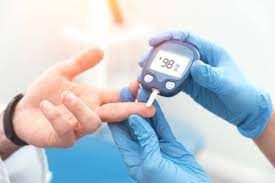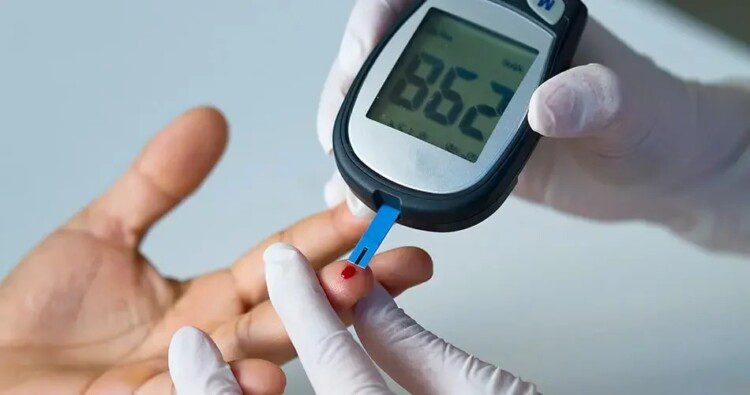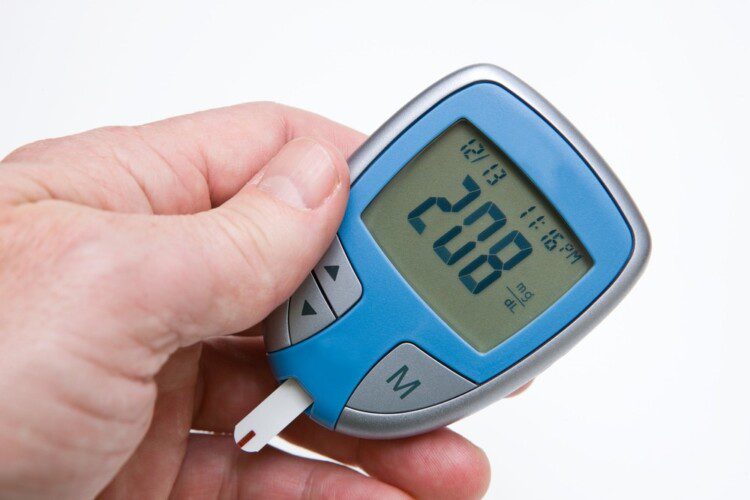reducing breakfast carbohydrates helps persons with Type 2 diabetes
An international team of researchers lead by academics from UBC Okanagan believe that by making a little modification to the first meal of the day, people with Type 2 diabetes (T2D) may be able to better regulate their blood sugar levels.
Dr. Barbara Oliveira works on research projects with Dr. Jonathan Little’s Exercise, Metabolism and Inflammation Lab at the UBCO Faculty of Health and Social Development. Their most recent study, which was just released in the American Journal of Clinical Nutrition, lends credence to the notion that people with T2D may benefit from switching from a conventional western-style low-fat breakfast of oatmeal, toast, and fruit to a low-carb meal higher in protein and fat, such as eggs with bacon or cheese. In fact, altering only one meal aided in controlling blood sugar.

Dr. Oliveira clarifies, “We’re not talking about a whole food change. “Rapid or significant rises in blood glucose levels after a meal are one of numerous difficulties for patients with T2D. According to our study, eating a low-carbohydrate breakfast may help maintain stable blood sugar levels throughout the day.
Inflammation and cardiovascular disease, which are the main causes of morbidity in T2D patients, must be controlled in order to reduce the consequences of T2D.
In order to manage this disease, she continues, “treatment strategies that can help lower post-meal glucose swings and rapid changes in glucose are essential.” We’ve found that limiting hyperglycemic fluctuations requires eating a low-carb, higher-protein, and fat first meal of the day.
Dr. Oliveira notes that low-carb diets have gained popularity recently and have been acknowledged as a nutritional approach to enhance glucose management. However, it’s challenging to stick to, particularly over the long run, like other diets. She and Dr. Little looked at the notion of making only the first meal of the day low-carb to see how it effects diet adherence and, more crucially, blood glucose levels rather than asking patients to commit to making every meal low-carb.
They divided the 121 participants in their 12-week trial into two groups. One was instructed to choose a low-carb meal that had around 8g of carbs, 25g of protein, and 37g of fat, while the other was instructed to choose a low-fat, higher-carb breakfast that contained roughly 56g of carbohydrates, 20g of protein, and 15g of fat. There were 450 calories in each of the two groups’ breakfast selections.
There were many different breakfast options available to participants, and they had to take a picture of their meal, which was then assessed by a research nutritionist to certify compliance.
Each participant received a continuous glucose monitoring device, which they wore throughout the trial. They also had blood tests to determine their average blood sugar levels (A1C), which were done before and after the 12-week period. At the start and conclusion of the study, they also took measurements of their weight and waist size. They reported their levels of satiety, energy, and activity as the trial went on.
While there were no significant variations in weight, body mass index, or waist circumference between the low-carb group and the other group, according to Dr. Oliveira, the low-carb group did have lower blood sugar levels, and some individuals were able to decrease their dosage of glucose-lowering medication. Glycemic variability, sometimes referred to as blood sugar swings up and down, was much reduced in the low-carb group, indicating the advantages of a low-carbohydrate breakfast for stabilising blood sugar levels throughout the day.
Another intriguing discovery was that those who had the low-carb breakfast self-reported consuming less calories and carbs at lunch and throughout the rest of the day. This would imply that a breakfast high in fat and protein and low in carbohydrates might affect day eating patterns.
“Having fewer carbs for breakfast not only aligns better with how people with T2D handle glucose throughout the day, but it also has incredible potential for people with T2D who struggle with their glucose levels in the morning,” she continues. “We have the potential to increase adherence significantly while still reaping significant benefits by making a small adjustment to the carb content of a single meal rather than the entire diet.”







